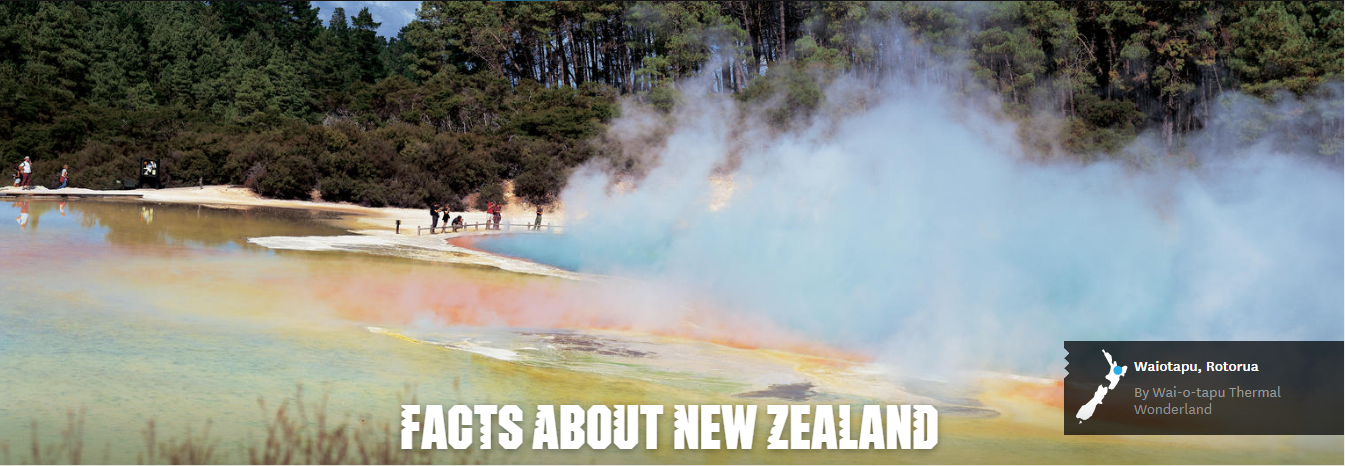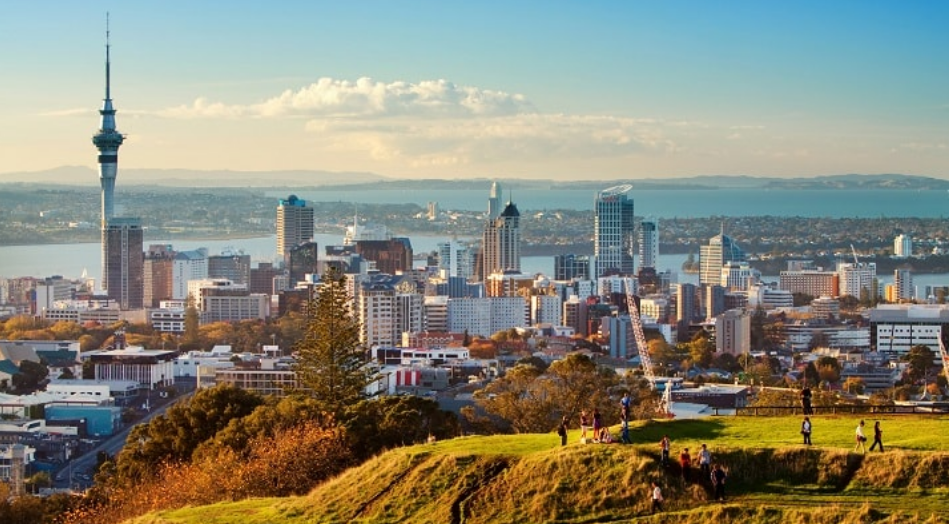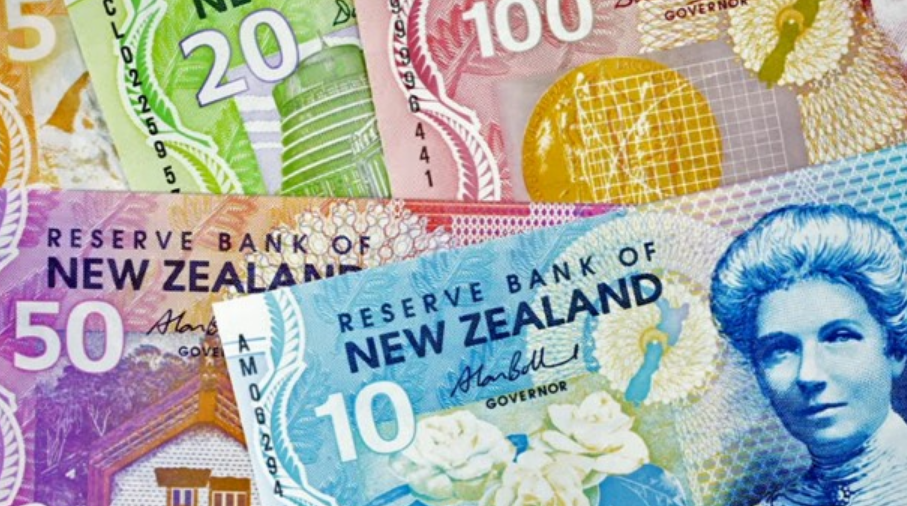About Auckland
New Zealand

New Zealand is a country of stunning and diverse natural beauty: jagged mountains, rolling pasture land, steep fiords, pristine trout-filled lakes, raging rivers, scenic beaches, and active volcanic zones. These islands are one of Earth's most peculiar bioregions, inhabited by flightless birds seen nowhere else such as a nocturnal, burrowing parrot called the kakapo and kiwi. Kiwi are not only one of the national symbols-the others being the silver fern leaf and koru-but also the name New Zealanders usually call themselves.
These islands are sparsely populated, particularly away from the North Island, but easily accessible. There are sparklingly modern visitor facilities, and transport networks are well developed with Airports throughout the country and well maintained highways. New Zealand often adds an adventure twist to nature: it's the original home of jet-boating through shallow gorges, and bungy jumping off anything high enough to give a thrill.
Māori culture continues to play an important part in everyday life and government and corporate symbolism with abundant opportunities for visitors to understand and experience both the history and present day forms of Māori life.
Official Language: English, Māori and New Zealand sign language.

Overview
Auckland is a city in the North Island of New Zealand. It is located in the Auckland Region—the area governed by Auckland Council—which includes outlying rural areas and the islands of the Hauraki Gulf.
A diverse and multicultural city, Auckland is home to the largest Polynesian population in the world hub of food and wine, music, art and culture.The Auckland Philharmonia Orchestra is the city and region's resident full-time symphony orchestra, performing its own series of concerts and accompanying opera and ballet.
One of Auckland's nicknames, the "City of Sails", is derived from the popularity of sailing in the region. The Māori-language name for Auckland is Tāmaki or Tāmaki-makau-rau, meaning "Tāmaki with a hundred lovers", in reference to the desirability of its fertile land at the hub of waterways in all directions.
Auckland Airport handles around one million international passengers a month. Despite being one of the most expensive cities in the world, Auckland is ranked third on the 2016 Mercer Quality of Living Survey, making it one of the most liveable cities. Auckland's ports are the second largest of the country, behind the Port of Tauranga, and a large part of both inbound and outbound New Zealand commerce travels through them, mostly via the facilities northeast of Auckland CBD.

Currency
New Zealand dollar ($)
Money
Credit cards are used for most purchases in NZ, and are accepted in most hotels and restaurants. ATMs are widely available in cities and larger towns.
ATMs & Eftpos
Branches of the country’s major banks across both islands have ATMs, but you won't find them everywhere (eg not in small towns).
Many NZ businesses use Eftpos (electronic funds transfer at point of sale), allowing you to use your bank card (credit or debit) to make direct purchases and often withdraw cash as well. Eftpos is available practically everywhere: just like at an ATM, you'll need a PIN.
Bank Accounts
You'll need to open a bank account if you want to work in NZ in any capacity (including working holiday scenarios) and it's best to do your homework before you arrive. Some banks, such as ANZ, allow you to apply before you arrive and activate the account at a branch when you get here (armed with the requisite ID, usually a passport, certified translation if applicable, and proof of NZ residence). Proof of address might involve using an identity verification service.
Credit Cards
Credit cards (Visa, MasterCard) are widely accepted for everything from a hostel bed to a bungy jump, and are pretty much essential for car hire. Credit cards can also be used for over-the-counter cash advances at banks and from ATMs, but be aware that such transactions incur charges. Diners Club and American Express cards are not as widely accepted.
Currency
New Zealand’s currency is the NZ dollar, comprising 100 cents. There are 10c, 20c, 50c, $1 and $2 coins, and $5, $10, $20, $50 and $100 notes. Prices are often marked in single cents and then rounded to the nearest 10c when you hand over your money.
Debit Cards
Debit cards enable you to draw money directly from your home bank account using ATMs, banks or Eftpos facilities. Any card connected to the international banking network (Cirrus, Maestro, Visa Plus and Eurocard) should work with your PIN. Fees will vary depending on your home bank; check before you leave. Alternatively, companies such as Travelex offer debit cards with set withdrawal fees and a balance you can top up from your personal bank account while on the road.
